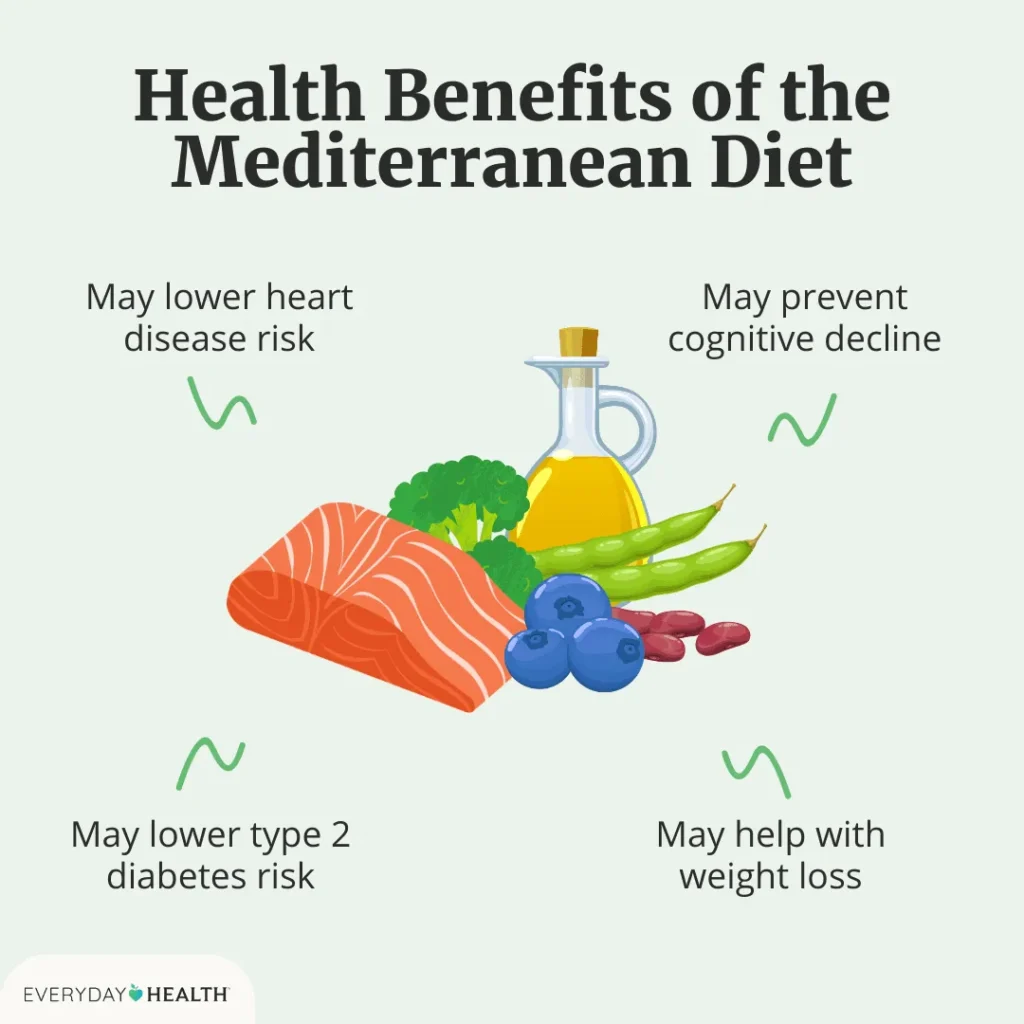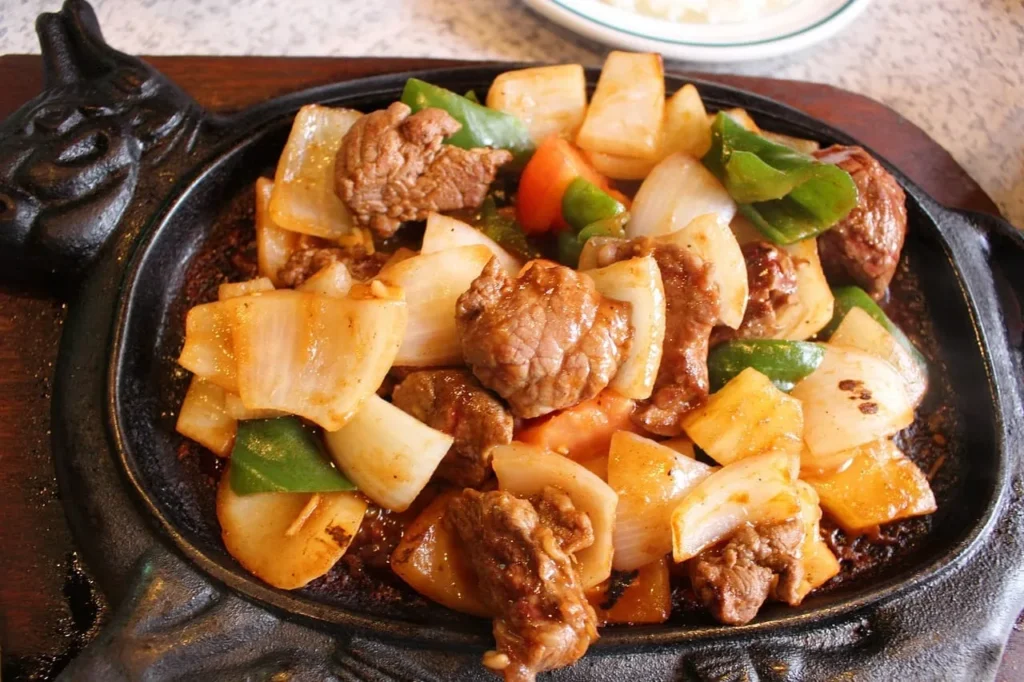What do Okinawans eat that contributes to their long life? This question often arises when people discuss the incredible longevity observed in Okinawa, Japan. If you’re curious about the dietary habits of the Okinawan people and how these habits might inspire your own approach to eating, you’ve come to the right place. Let’s take a closer look at what makes their diet distinct and how you can incorporate some of their practices into your own life for a healthier lifestyle.

Understanding the Okinawan Diet
The Okinawan diet is primarily plant-based, rich in nutrients, and low in calories. It’s not just about what they eat; it’s also about how they eat. Cultural practices, portion control, and a strong sense of community play significant roles in their dietary habits. When considering your own nutrition, reflecting on these aspects can provide valuable insights.
Key Components of the Okinawan Diet
-
Vegetables: Okinawans consume a wide variety of vegetables. Their diet includes green leafy vegetables such as goya (bitter melon), sweet potatoes, and various root vegetables. Most of these vegetables are low in calories and packed with vitamins, minerals, and antioxidants.
Vegetable Benefits Goya Aids in blood sugar regulation Sweet Potatoes High in fiber and vitamin A Leafy Greens Rich in calcium and iron -
Legumes: A primary source of protein in the Okinawan diet comes from legumes, especially soybeans. Tofu, miso, and edamame are commonly consumed. These foods provide essential amino acids and are low in saturated fats.
Legume Health Benefits Tofu Rich in protein and calcium Miso Contains probiotics for gut health Edamame High in fiber and antioxidants -
Fish: While the diet is predominantly plant-based, fish is included in moderation. Okinawans typically consume fish such as mackerel and sardines, which are rich in omega-3 fatty acids known for their heart-health benefits.
-
Rice and Grains: A staple in their diet, rice is often consumed in moderation, accompanied by various whole grains. They favor brown rice and whole grain options, which are higher in fiber and nutrients.
Grain Nutritional Value Brown Rice High in fiber and magnesium Barley Good source of vitamins and minerals -
Fruits: Fruits play an essential role in the Okinawan diet, with an emphasis on seasonal and locally grown varieties. Common fruits include citrus, such as tangerines, and tropical options like papaya and bananas.
-
Herbs and Spices: The use of herbs and spices contributes not only to the flavor but also to the health benefits of food. Turmeric, for example, is praised for its anti-inflammatory properties and is often included in various dishes.
Cultural Aspects of Eating
The diet is also characterized by cultural traditions that promote mindful eating and community gatherings. Okinawans often practice “Hara Hachi Bu,” a confucian teaching encouraging individuals to eat until they are 80% full. This philosophy of moderation can help prevent overeating and maintain a healthy weight.
The Role of Lifestyle in Longevity
Diet is just one aspect of the longevity puzzle in Okinawa. A holistic approach involving lifestyle choices significantly impacts the health and lifespan of Okinawans. Here are some key factors:
Active Lifestyle
Okinawans tend to lead active lives. Regular physical activity is interwoven into their daily routines, whether it’s gardening, walking, or traditional martial arts. Engaging in regular exercise contributes not only to physical health but also to mental well-being.
Strong Social Networks
A supportive community enhances emotional health. Okinawans prioritize spending time with family and friends, fostering strong relationships that provide both emotional and psychological benefits. Social connections are crucial to managing stress, which can influence overall health.
Mental Health and Purpose
A sense of purpose is embedded in the Okinawan culture. Many elderly Okinawans remain engaged in community activities, volunteering, or pursuing hobbies. This sense of purpose can lead to improved mental health and a greater will to live, ultimately contributing to longevity.
Stress Management
Okinawans often practice stress-relief techniques such as meditation or simple mindfulness. Taking time to relax and unwind can significantly affect health, reducing risks related to stress-related diseases.

Nutrients Essential for Longevity
While the Okinawan diet is diverse, it’s particularly rich in nutrients that promote long-term health. Focusing on these nutrients can guide you in making healthier food choices.
Antioxidants
Antioxidants protect the body from oxidative stress, which can lead to chronic diseases. Fruits and vegetables rich in antioxidants, such as berries and leafy greens, are staples of the Okinawan diet. Here’s a breakdown of some powerful antioxidants and where to find them:
| Antioxidant | Food Sources |
|---|---|
| Vitamin C | Citrus fruits, bell peppers |
| Beta-carotene | Carrots, sweet potatoes |
| Flavonoids | Tea, dark chocolate, berries |
Omega-3 Fatty Acids
Found abundantly in fish, omega-3 fatty acids boast heart-healthy benefits. They can reduce inflammation and are crucial for brain health. Incorporating fish into your diet a couple of times a week can be beneficial.
Fiber
Fiber aids in digestion and helps maintain a healthy weight. The high fiber content in legumes, whole grains, and vegetables provides a sense of fullness, which can prevent overeating.
Vitamins and Minerals
A variety of vitamins and minerals from whole foods supports bodily functions and maintains energy levels. Ensuring a colorful plate filled with various fruits and vegetables can help you achieve a diverse range of nutrients.
Implementing Okinawan Principles into Your Diet
Now that you understand what the Okinawan diet entails, consider how to implement these principles in your own life. Here are some practical tips to get you started.
Embrace Plant-Based Eating
Begin incorporating more plant-based meals into your weekly diet. Aim for a variety of vegetables, legumes, and whole grains. You don’t need to give up meat completely, but focusing more on plant-based foods can be beneficial.
Practice Portion Control
Consider adopting the “Hara Hachi Bu” mindset. Pay attention to portions, and listen to your body’s hunger cues. Try serving smaller portions of your meals, which encourages moderation without feeling deprived.
Include Seafood
If you enjoy fish, aim to include it in your diet a couple of times a week. Opt for healthier cooking methods, such as grilling or steaming, to maintain the nutritional benefits.
Stay Active
Incorporate physical activity into your daily routine. Whether it’s taking a walk after dinner, joining a yoga class, or gardening, find activities that you enjoy and make them part of your life.
Cultivate Relationships
Make an effort to strengthen your social connections. Participate in community events, spend time with family and friends, or join a club. Engaging in social interactions can improve your mood and overall health.
Mindfulness in Eating
Develop a mindful eating habit. Focus on your meals without distractions, savoring each bite, and truly enjoying what you eat. Slow down during meals to enhance the dining experience, which can prevent overeating.

Longevity in Context
Understanding the dietary habits of Okinawans provides valuable lessons in nutrition and wellness. However, it’s essential to recognize that diet is only one component of longevity. Genetics, environmental factors, and personal choices all contribute to overall health.
Food Quality Over Quantity
While calorie count matters, the nutritional quality of food is even more important. Strive to choose whole, nutrient-dense foods over processed options. Prioritizing whole foods will support your health in the long run.
Continuation of Tradition
When thinking about the Okinawan diet, it’s crucial to honor the cultural significance behind it. The community aspects, traditions, and their long-held beliefs about food all contribute to their longevity. Consider how integrating traditions from your culture can enhance your approach to health and wellness.
Listen to Your Body
Everyone’s body responds differently to foods. Pay attention to how certain foods affect you and adjust your diet accordingly. Personalizing your diet to meet your body’s needs can go a long way in achieving overall wellness.
Balance is Key
Lastly, ensure balance in your lifestyle. Find a rhythm in work, exercise, socializing, and relaxation. A balanced life fosters sustained health and well-being.
Conclusion
The secrets to the longevity of Okinawans lie in their wholesome, plant-based diet, active lifestyles, and strong community connections. By embracing some of their practices—such as focusing on nutrient-dense foods, engaging in regular physical activity, and nurturing social ties—you too can take steps toward a healthier and longer life. Remember, it’s not just about the food you eat but the way you live, interact, and care for your well-being. Consider adopting an Okinawan-inspired lifestyle to enhance your overall health and longevity.


